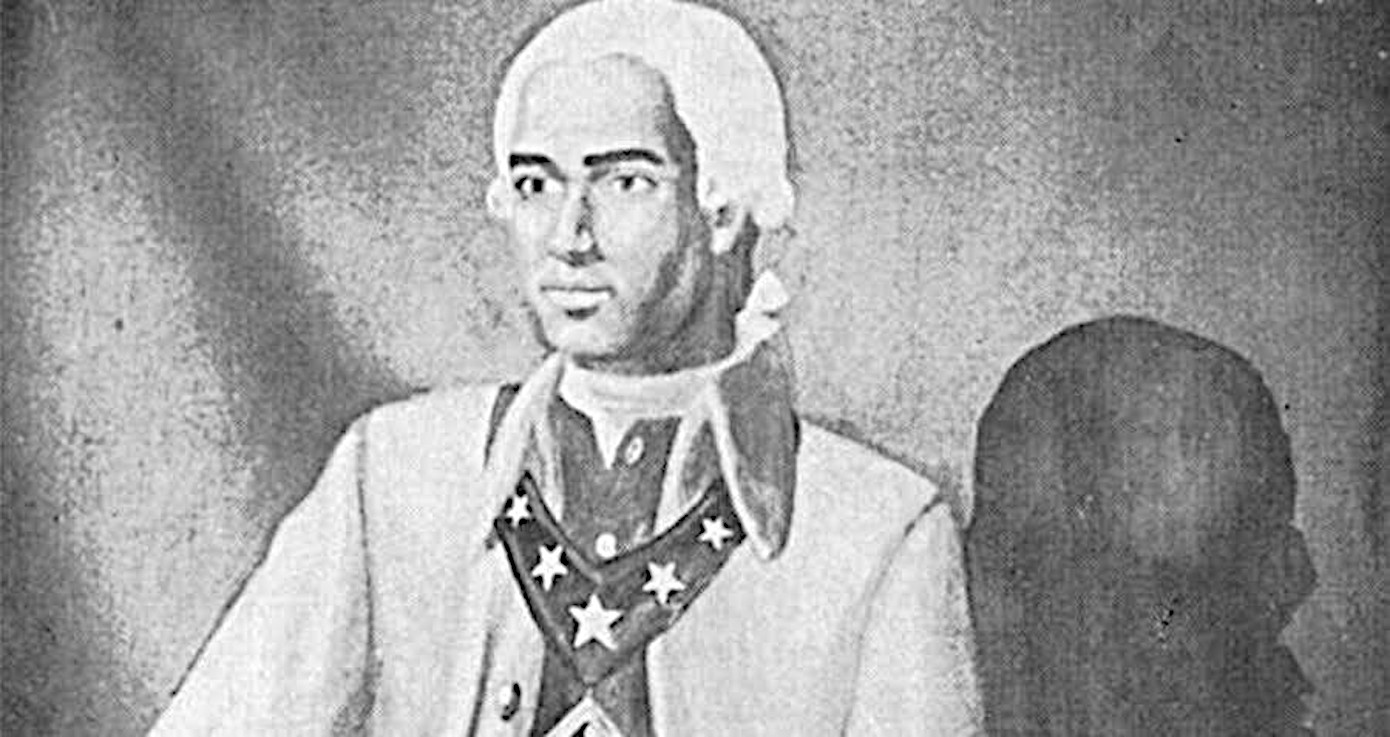Prince Hall was a prominent leader, who helped shape African American history. He is particularly remembered as the founding father of the Prince Hall Freemasonry in the United States. His efforts made it possible for everyone to enjoy the freedom of Free and Accepted Masonry. Interestingly, Prince Hall’s familial background is one that’s shrouded in mystery. No one knows the exact date or place where this legend was born. However, it’s suspected that he was born between 1735 and 1738. Still, others believe that Hall was born in 1748 to Thomas Prince Hall (an Englishman) and a colored woman of French ancestry. By the age of twelve, Hall was working as an apprentice for Boston-based tanner, William Hall.
It was with the help of William that Prince mastered the art of processing and dressing leather. By 1770, Hall was a free and well-educated man, who ran his own leather shop. He also doubled as a caterer and peddler and owned a home. Hall was a devoted advocate for the rights of African Americans. For instance, he once encouraged the enslaved and liberated blacks to enroll in the American colonial military. Hall was convinced that if they participated in establishing the new nation, then all blacks
would be freed. As such, he requested the Massachusetts Committee of Safety to allow African Americans to join the military. Unfortunately, his request was denied. Shortly after this, England gave a decree, promising freedom to all blacks who enrolled in the British military. As soon as the army had enrolled black troops to join the army, the Continental Army also overturned its decision and allowed blacks to join as well. Hall is suspected to be one of only six “Prince Halls” from Massachusetts who served in the
Revolutionary War.
My brethren, let us pay all due respect to all who God had put in places of honor over us: do justly and be faithful to them that hire you, and treat them with the respect they may deserve; but worship no man. Worship God, this much is your duty as christians and as masons.
Prince Hall
Another way in which Prince Hall contributed to black history entailed his devout participation in Freemasonry. Hall was passionate about this movement because it was founded on the principles of equality, peace, and freedom. Before taking part in the American Revolutionary War, Hall and fourteen other liberated black men had requested admission into the Boston St. John’s Lodge, which was all-white. Their appeal was denied. But in 1775, they were initiated into this movement by members of Lodge No. 441 of the Grand Lodge, Ireland. Hall and other freedmen later formed their own organization dubbed the African Lodge No. 1. where he was elected as the GrandMaster.
Although the black masons gained some power by forming their own masonry, they were limited in some areas. For instance, they were prohibited from conferring Masonic degrees and conducting other vital functions of a fully operational Lodge. It wasn’t until the grand master of the Mother Grand Lodge of England issued them a charter in 1784 that they gained some freedom. Shortly after, the African Lodge No. 1 was given a new name, the African Lodge No. 459. In 1797, Hall planned a lodge in Philadelphia dubbed the African Lodge #459.
Be always ready to give an answer to those that ask you a question; give the right hand of affection and fellowship to whom it justly belongs, let their color and complexion be what it will; let their nation be what it may, for they are your brethren and it is your indispensable duty to do so.
Prince Hall
Prince Hall passed away on 4th December 1807. After his passing, his fellow brothers planned the African Grand Lodge the following year. This comprised the Providence, Philadelphia, and Boston lodges. Not surprisingly, the African Grand Lodge broke up from England’s United Grand Lodge in 1847, the members changed its name to Prince Hall Grand Lodge to acknowledge their founding father.
